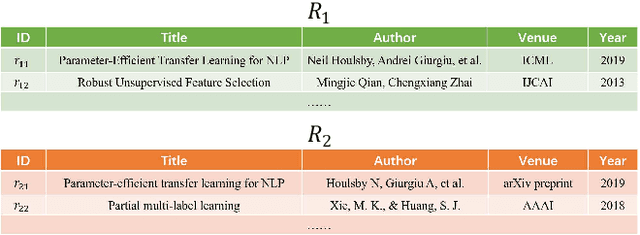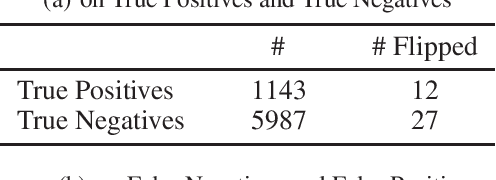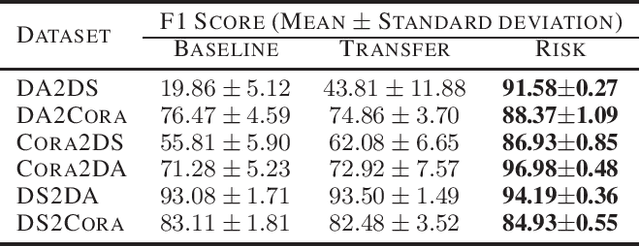Risk-based Adaptive Deep Learning for Entity Resolution
Paper and Code
Dec 10, 2020



The state-of-the-art performance on entity resolution (ER) has been achieved by deep learning. However, deep models are usually trained on large quantities of accurately labeled training data, and can not be easily tuned towards a target workload. Unfortunately, in real scenarios, there may not be sufficient labeled training data, and even worse, their distribution is usually more or less different from the target workload even when they come from the same domain. To alleviate the said limitations, this paper proposes a novel risk-based approach to tune a deep model towards a target workload by its particular characteristics. Built on the recent advances on risk analysis for ER, the proposed approach first trains a deep model on labeled training data, and then fine-tunes it by minimizing its estimated misprediction risk on unlabeled target data. Our theoretical analysis shows that risk-based adaptive training can correct the label status of a mispredicted instance with a fairly good chance. We have also empirically validated the efficacy of the proposed approach on real benchmark data by a comparative study. Our extensive experiments show that it can considerably improve the performance of deep models. Furthermore, in the scenario of distribution misalignment, it can similarly outperform the state-of-the-art alternative of transfer learning by considerable margins. Using ER as a test case, we demonstrate that risk-based adaptive training is a promising approach potentially applicable to various challenging classification tasks.
 Add to Chrome
Add to Chrome Add to Firefox
Add to Firefox Add to Edge
Add to Edge